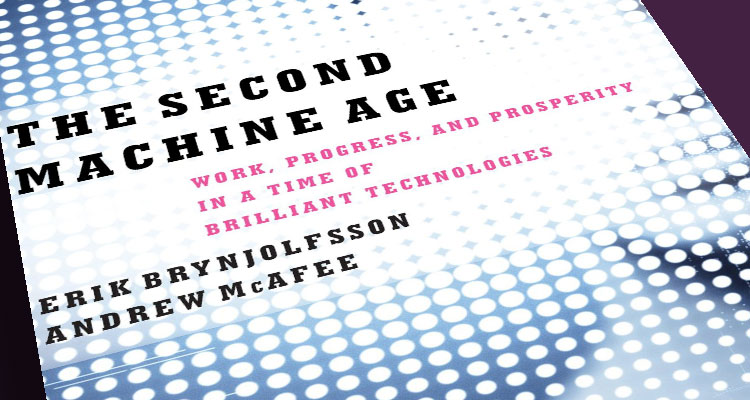In her convocation speech marking the start of the school year, President Sullivan referred to The Second Machine Age by Erik Brynjolfsson and Andrew McAfee. The authors contend that digital computational power will augment human cognition going forward, just as steam power augmented human strength after the industrial revolution – the first machine age. This contention is based on the observation that Moore's Law, which states that existing digital processing power doubles every two years, still holds.
What does this mean to innovation, to business models and to the academy? Some clues are starting to emerge, but they are not easy to see. While Moore's Law is driving an unparalleled increase in the growth of digital processing power, much of what we see every day remains pretty much the same. Notwithstanding the continuity in our daily lives, to survive, most companies will have to innovate through looking at ways to transform their business models by harnessing digital processing power in new ways. An early glimpse of what this might look like is evident in recent announcements by cloud storage companies that their new products focus on data management based on machine learning.
The "second machine age" and Moore's Law have a significant impact on all sectors of the economy. Given the strategic planning process that my colleagues and I are launching at the Opus College of Business, implications for education and health care are likely most relevant to us. As I see indications of how this is emerging, I will continue to reflect on the challenges that confront all of us.
Stefanie Lenway, Ph.D. is dean of the Opus College of Business. Follow her on Twitter @StefanieLenway.







